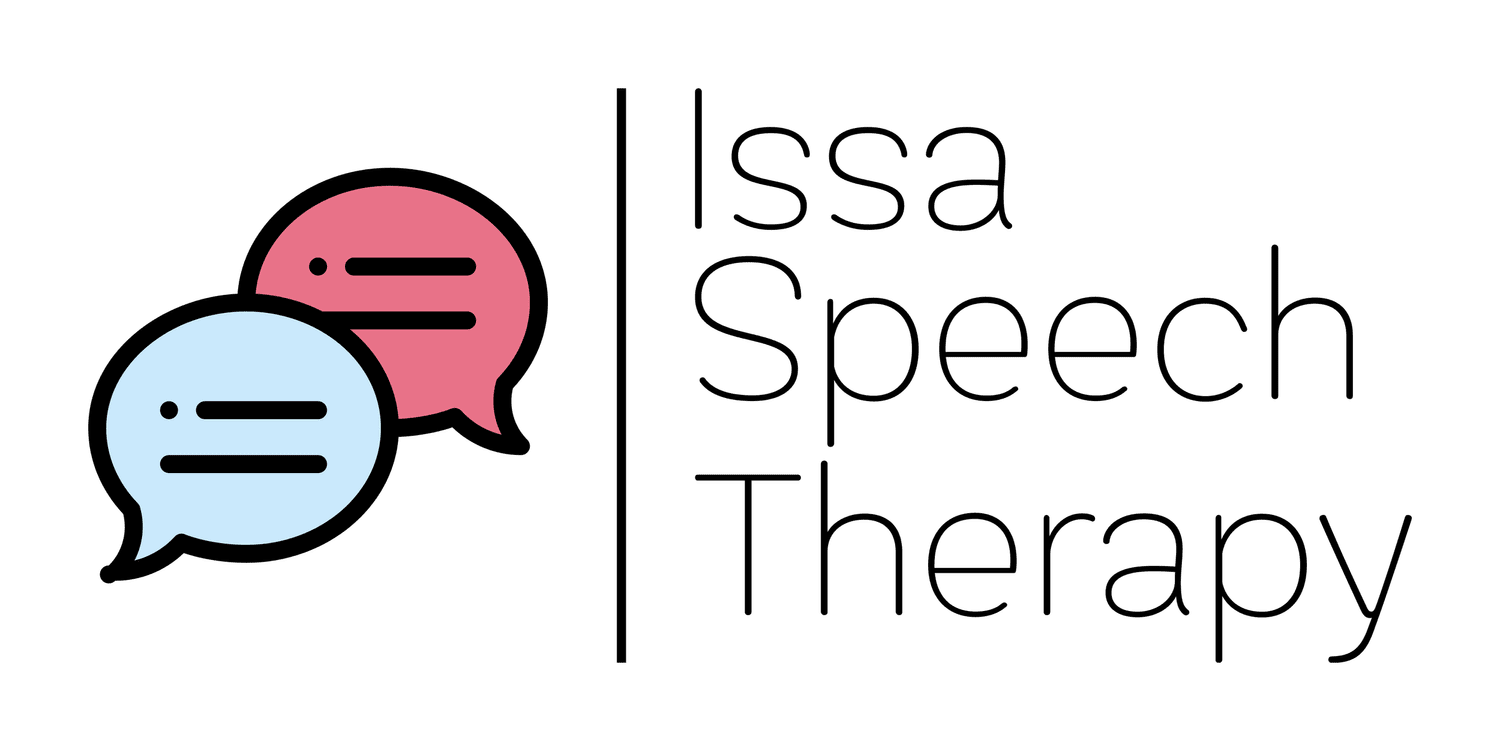
Speech and Language Milestones for 3-Year-Olds
Here are the Speech and Language Milestones for 3-year-olds, based on the American Speech-Language-Hearing Association (ASHA)'s guidelines:

By 36 months (3 years):
Speech Sounds:
Pronunciation is clear and intelligible to familiar listeners.
Most vowels and consonants are produced correctly.
Some errors may still be present with sounds like /s/, /z/, "sh," "ch," "j," "th," and /r/.
Vocabulary:
Has a vocabulary of about 900-1,000 words.
Begins to use plurals, possessives, and some verb tenses (e.g., "cars," "daddy's," "jumped").
Grammar:
Uses three-word sentences consistently.
Begins to use some simple grammatical markers like "-ing" (e.g., "She is playing").
Sentence Length and Complexity:
Uses sentences with about 3-4 words on average.
Begins to use more complex sentences as their language develops.
Understanding:
Understands and follows simple two-step directions (e.g., "Get your shoes and put them on the table").
Understands basic concepts like "big," "little," "in," "on."
Social Interaction:
Engages in basic conversations with others.
Enjoys conversing and telling stories.
Begins to take turns during conversations.
Narrative Skills:
Tells simple stories with a clear beginning, middle, and end.
Uses appropriate gestures and expressions to support storytelling.
Does your 3-year-old need speech therapy?
As parents, we want the best for our children's development, including their speech and language skills. While children develop at their own pace, it's essential to recognize potential signs that may indicate the need for speech therapy. If you're wondering whether your 3-year-old could benefit from speech therapy, here are some key indicators to consider.
Pronunciation and Intelligibility: Listen closely to your child's speech. While it's normal for a 3-year-old to have some difficulty with certain sounds, persistent difficulty pronouncing most vowels and consonants or being frequently unintelligible to familiar listeners might suggest a need for speech therapy.
Vocabulary and Grammar: Take note of your child's expressive language skills. By the age of 3, most children have a vocabulary of around 900-1,000 words. They should also be using three-word sentences consistently and beginning to use simple grammatical markers like "-ing." If your child's vocabulary and sentence structure are significantly behind these expectations, speech therapy could be beneficial.
Understanding and Following Directions: Observe how well your child understands and follows instructions. By 3 years old, children should comprehend and respond to simple two-step directions. If your child consistently struggles to understand or follow instructions appropriate for their age, it might be an indication that their language skills could benefit from speech therapy.
Social Interaction and Communication: Consider how your child interacts with others. While every child develops social skills differently, by 3 years old, children should engage in basic conversations, take turns during conversations, and enjoy sharing stories. If your child has difficulties with social communication, such as limited eye contact, trouble initiating or maintaining conversations, or challenges expressing themselves clearly, speech therapy might be beneficial.
Other Concerns: If you, as a parent, have concerns about your child's speech and language development, it's important to trust your instincts. You know your child best. If you notice persistent difficulties or if your child's speech and language abilities significantly lag behind their peers, seeking an evaluation from a speech-language pathologist is a proactive step to address any potential concerns.
Remember, every child is unique, and speech and language development can vary. If you're uncertain whether your child needs speech therapy, please contact us. Issa Speech Therapy can conduct a comprehensive evaluation to assess your child's communication skills and provide expert guidance tailored to your child's specific needs.
Questions before getting started?

